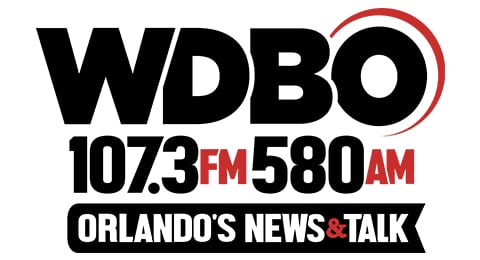NEW YORK — (AP) — PBS says it is shutting down its office of diversity, equity and inclusion to comply with President Donald Trump's executive order, firing the two executives brought on when the effort was begun in 2021.
The move, eliminating the jobs held by Cecilia Loving and her associate Gina Leow, comes as public television and radio girds for a fight over federal funding likely to be more serious than it has faced in many years.
Despite eliminating the DEI effort, PBS CEO Paula Kerger said Tuesday that “we were committed to telling the stories of all Americans before we had an office, and will continue to do it afterwards.”
Because PBS gets federal funding through U.S. Department of Education and National Science Foundation for its children's programming, the system's lawyers determined that it needed to comply with Trump's order, she said. The system gets some $535 million in general support from the government, about 16% of its budget, but because it is filtered through the private Corporation for Public Broadcasting, it's unclear whether that would require compliance.
Some of PBS' 330 member stations have their own DEI efforts and receive CPB funding, so it will be up to them to decide what to do with their offices. “We're trying to encourage them to have lawyers look at their circumstances,” Kerger told The Associated Press.
The Free Press website reported that PBS initially considered transferring Loving and Leow to other jobs within the system. Kerger said that was thought about but rejected.
The DEI office was concerned with more than just racial equity; much of its recent work went to making sure children with hearing issues had access to PBS programming, she said.
Four years ago, PBS faced pressure from the opposite direction. More than 130 filmmakers sent a letter to the system saying that its relationship with documentarian Ken Burns came at the expense of others and that PBS showed a “systemic failure to fulfill a mandate for a diversity of voices.”
With the Trump administration's current efforts at cutting federal spending, Kerger understands public broadcasting will be looked at closely. U.S. Sen. Mike Lee posted “let's defund PBS and NPR” on X Tuesday.
That's not a new opinion. Republicans in the past have made similar calls, primarily because of a contention that news programming leans left. Ultimately, efforts to defund PBS usually fall short through pressure brought to bear on individual legislators from the hundreds of stations across the country.
Kerger and NPR officials are expected to testify next month before the House Oversight and Government Reform Committee.
“I think it is different this time because so much is under scrutiny,” Kerger said. “I never assume that government funding will continue. I think we have to work hard each and every time these questions come up to make sure we are making the case of why this is important.”
She said it's a time where people assume “there is bias at play” when they don't see their opinions expressed in news stories. Some people feel news efforts are too conservative, others too liberal. “We take that part of our work pretty seriously and if we miss sometime, we correct that,” she said.
Work done by local stations to alert citizens during the California wildfires and hurricanes in Florida are examples of things legislators need to be aware of, she said.
“I'm always an optimistic person,” Kerger said, “but I think it's going to require a lot of conversations to see if we can hold on to a level of funding to enable our stations to continue."
___
David Bauder writes about the intersection of media and entertainment for the AP. Follow him at http://x.com/dbauder and https://bsky.app/profile/dbauder.bsky.social
Copyright 2025 The Associated Press. All rights reserved. This material may not be published, broadcast, rewritten or redistributed without permission.










